426,000 affected, displaced by heavy flooding in South Sudan: UN
Heavy flooding has affected and displaced about 426,000 people in South Sudan, including 185,000 children, as overflowing rivers deluged homes and farms in the impoverished country, the UN's emergency-response agency said on Tuesday.
Emergency workers have used canoes and boats to reach people cut off by the deluge, the United Nations Office for the Coordination of Humanitarian Affairs said in a briefing note, warning that more heavy rains and flooding were expected in the coming months.
The downpours "have exacerbated the vulnerability of communities, with many people displaced by the floods seeking refuge in churches and schools", the agency said.
In Bentiu, the capital of Unity state, which is home to about a third of the flood-hit population, desperate farmers begged for help, as rising waters triggered by early seasonal rainfall submerged their houses and their land.
"Even the animals are being affected. All the places we use to graze them in are all flooded with water," farmer Gatjiath Pal told AFP.
"Everywhere is water... and we don't know when this will end because it is raining every day here," he said.
Other villagers said they were frightened of being bitten by snakes as the deluge prompts the reptiles to seek shelter inside buildings.
"Life here is so miserable," Nyadak Chuol, a mother of three, told AFP.
"The roads are getting blocked... water has come up to our houses. We are struggling every day now to find safe places to stay," the 33-year-old said.
"The worst thing is that... wild and dangerous animals like snakes are moving closer to us," she added.
The heavy downpours have destroyed flimsy thatched huts and killed livestock, a year after record floods affected about 700,000 people.
Around 100,000 of those displaced in last year's disaster have still not returned home, the UN agency said.
In addition to health facilities being damaged or destroyed by the floods, 113 schools have also been affected, putting children's education at risk, it warned.
Meanwhile rescue teams are struggling to get aid to some 25,000 people in Warrap, a northwest state plagued by deadly conflict between rival ethnic groups.
- Aid cuts -
OCHA last month warned of limited supplies and a funding shortfall, saying that it had only received 54 percent of the $1.7 billion (1.4 billion euros) required to pay for programmes in the country.
Funding shortages have also forced the UN World Food Programme to suspend food aid to over 100,000 displaced people in South Sudan, the agency said earlier this month, warning of further reductions unless it received more cash.
Four out of five of South Sudan's 11 million people live in "absolute poverty", according to the World Bank in 2018, while more than 60 percent of its population suffers from severe hunger from the combined effects of conflict, drought and floods.
Since achieving independence from Sudan in 2011, the young nation has been in the throes of a chronic economic and political crisis, and is struggling to recover from the aftermath of a five-year civil war that left nearly 400,000 people dead.
Although a 2018 ceasefire and power-sharing deal between President Salva Kiir and his deputy Riek Machar still largely holds, it is being sorely tested, with little progress made in fulfilling the terms of the peace process.
(Source: AFP)
Iran's Armed Forces warn EU of ‘consequences’ of IRGC designation
Iran FM: EU’s blacklisting of IRGC a ‘major strategic mistake’
EU blacklists IRGC in legally flawed move irrespective of consequences
VIDEO | Press TV's news headlines
VIDEO | Afghanistan opens first specialized cancer hospital
Trump officials held secret talks with Canadian separatist group: Report
VIDEO | Pakistan’s legal community condemns UNHRC anti-Iran resolution
Resistance groups announce volunteer recruitment to defend Iran


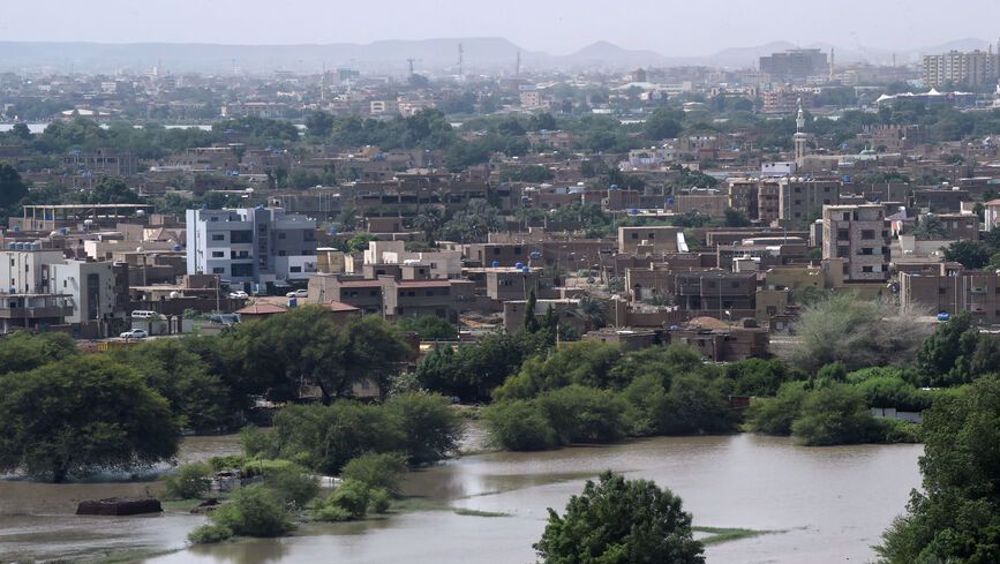
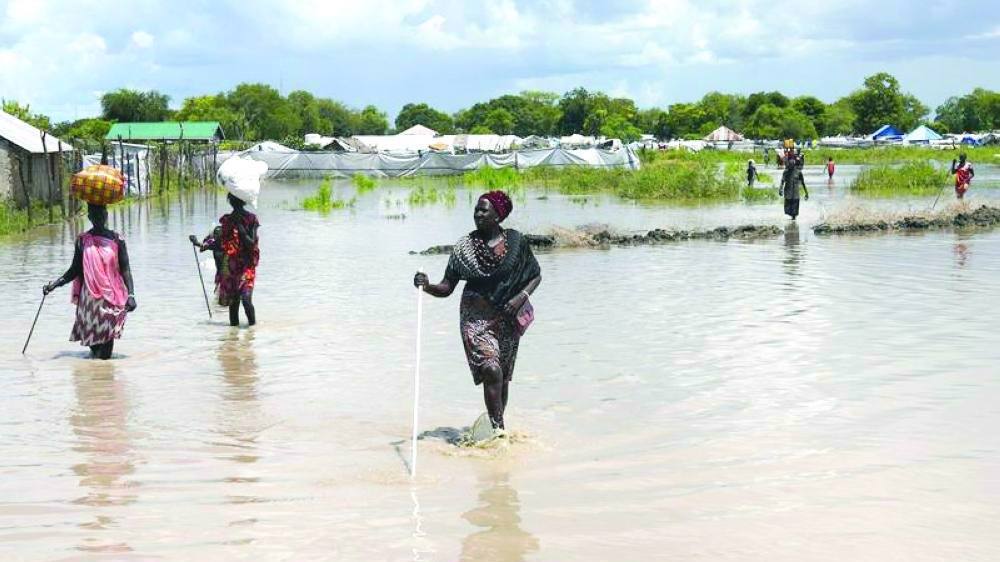
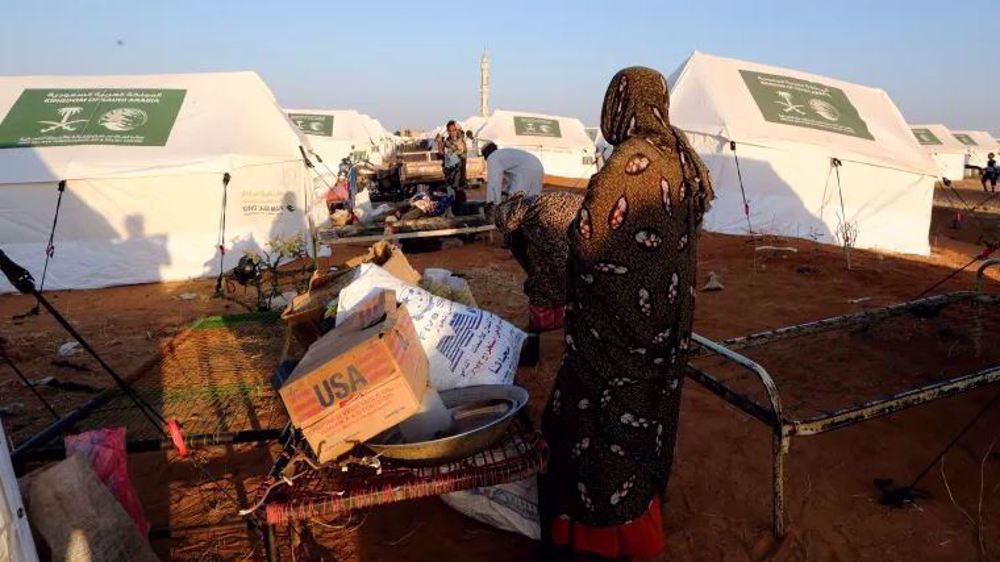
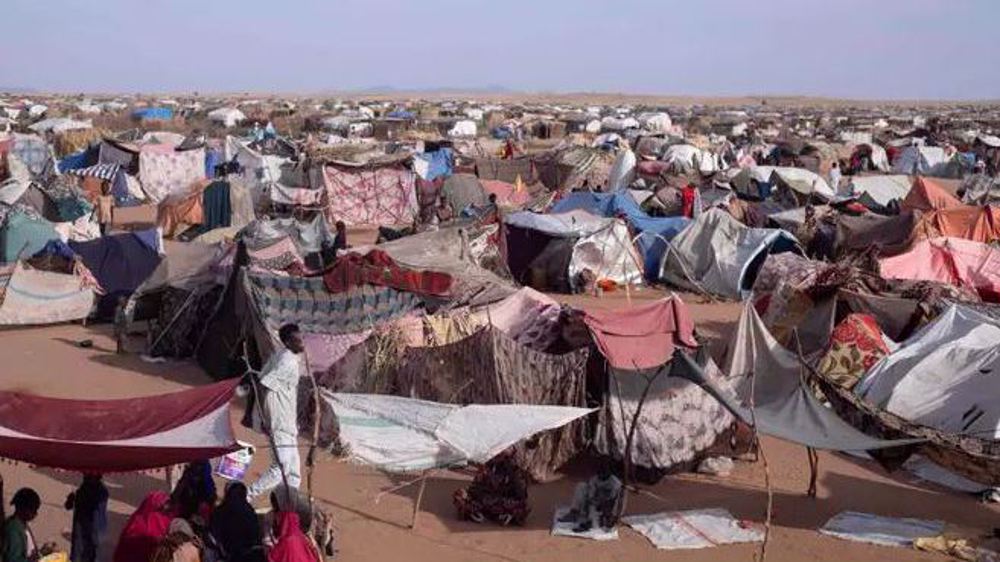
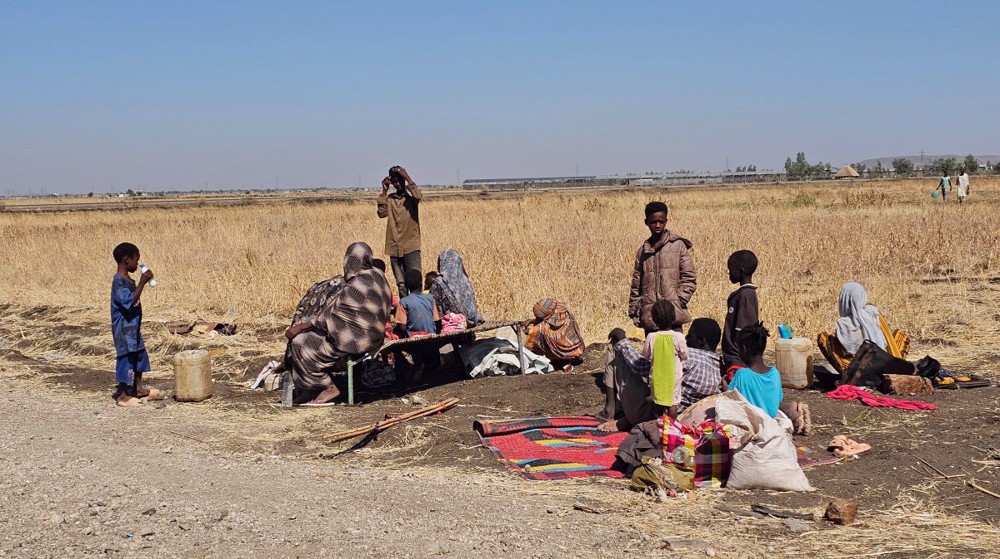




 This makes it easy to access the Press TV website
This makes it easy to access the Press TV website